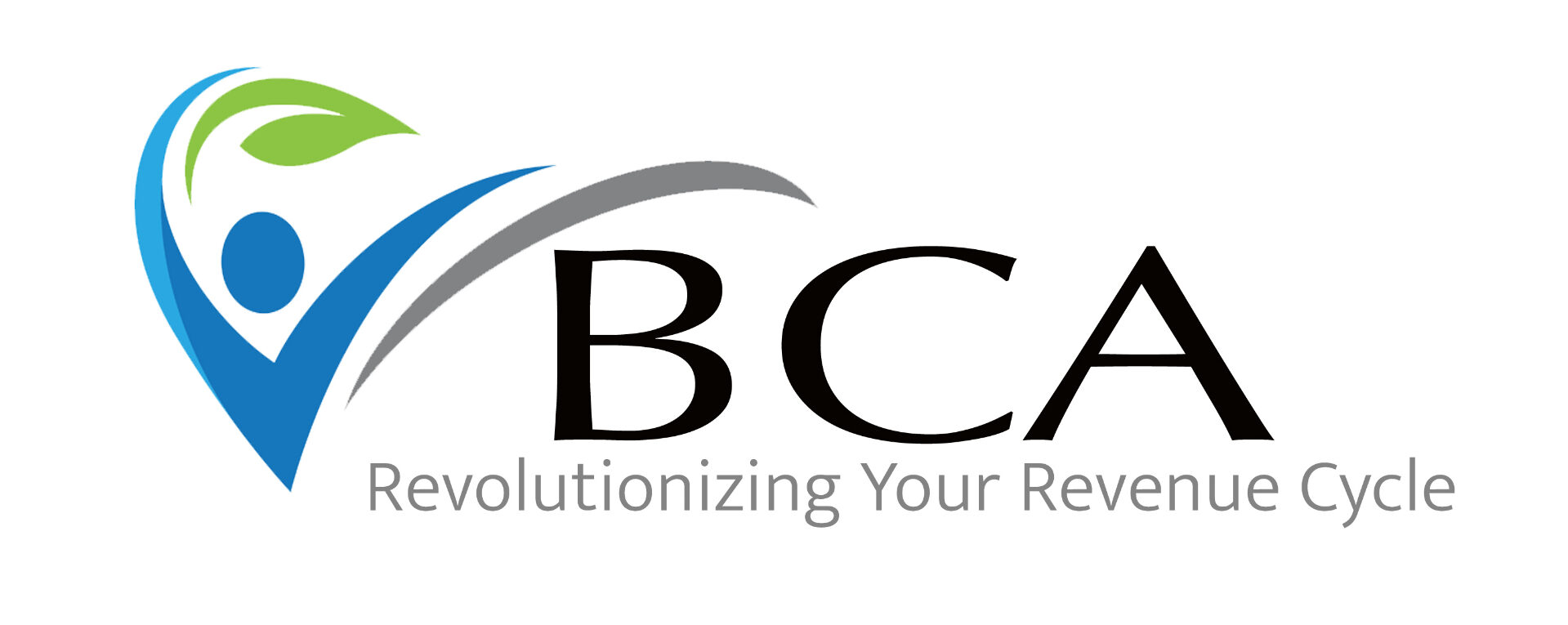On October 1, 2025, the Centers for Medicare & Medicaid Services (CMS) issued new guidance addressing Medicare telehealth claims in light of the ongoing government shutdown. In a special edition of the Medicare Learning Network (MLN) newsletter, CMS explained that when payment provisions are set to expire, Medicare Administrative Contractors (MACs) are directed to hold affected claims—usually for up to 10 business days—to prevent the need for large-scale reprocessing should Congress act after the deadline.
With the original hold period expiring October 14, CMS released an additional update on October 15 extending the claims hold. MACs have now been instructed to continue holding all Medicare Physician Fee Schedule, ground ambulance transport, and Federally Qualified Health Center (FQHC) claims with service dates on or after October 1. Providers can still submit claims, but payments will not be released until the hold is lifted. CMS also advised providers that, without new Congressional action, some telehealth services are no longer payable as of October 1, and an Advance Beneficiary Notice of Noncoverage (ABN) should be considered when delivering non-covered services.
Updated Telehealth FAQ: Key Clarifications
Alongside the claims update, CMS revised its Telehealth FAQ, clarifying two major areas of concern for providers:
- FQHC/RHC Non-Behavioral Health Services
CMS confirmed that Federally Qualified Health Centers (FQHCs) and Rural Health Clinics (RHCs) may continue billing for non-behavioral health services delivered via telecommunications technology through December 31, 2025, using HCPCS code G2025. This extension resolves earlier uncertainty about whether such services would remain payable after the legislative waivers expired. Furthermore, CMS proposed an additional one-year extension—through December 31, 2026—in the proposed 2026 Physician Fee Schedule, which, if finalized, would give clinics more continuity during ongoing policy transitions.
- Behavioral Health Services and In-Person Visit Requirements
CMS reaffirmed that telehealth-based behavioral health services require an in-person visit within six months prior to the first telehealth encounter, followed by at least one in-person visit every 12 months. However, patients already established in telehealth care before September 30, 2025, will not need to retroactively meet the six-month requirement. For FQHCs and RHCs, CMS is delaying enforcement of the in-person visit rule until January 1, 2026.
As stakeholders—including the American Telemedicine Association—continue urging Congress to act, CMS emphasizes that providers should stay alert for further updates. Any legislative fix could retroactively restore coverage for telehealth services delivered during this waiver gap period, protecting both providers and patients from financial disruption.
BCA’s compliance and education services help healthcare organizations stay ahead of these evolving Medicare requirements—offering timely guidance, documentation support, and training to ensure accuracy and continuity in telehealth billing and reimbursement.Book your consultation today with one of our experts.

